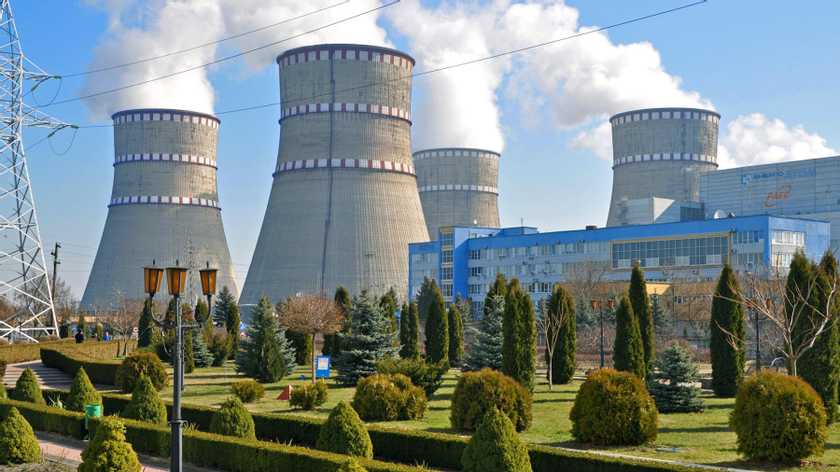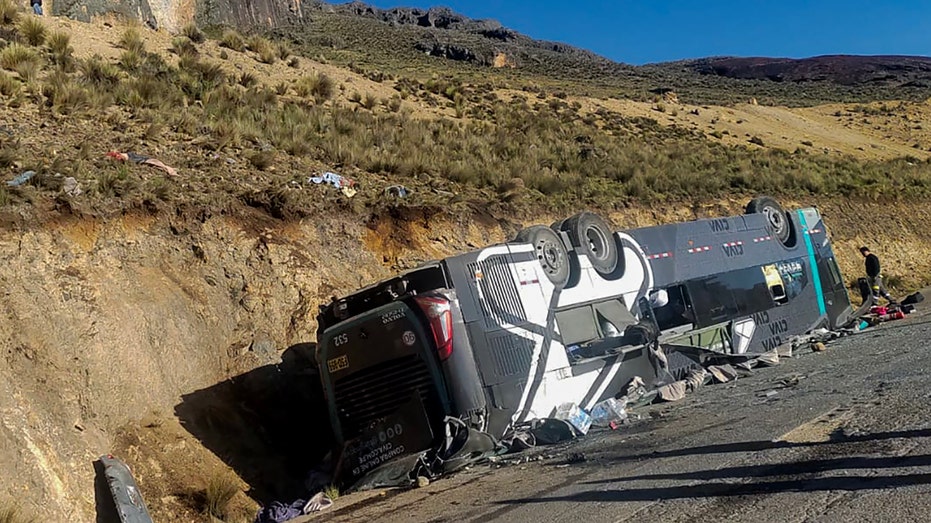IAEA: Nuclear safety at risk as Ukraine nuclear plants cut output after Russian attack
Three NPPs reduced electricity generation after Russia's Nov. 28 infrastructure attacks, IAEA reported, notably without naming Russia.


The International Atomic Energy Agency (IAEA) reported that three Ukrainian nuclear power plants reduced electricity output following November 28 morning attacks on energy infrastructure.
According to the press release, IAEA Director General Rafael Mariano Grossi highlighted the extreme vulnerability of Ukraine’s energy systems, stating that these attacks “put nuclear safety at great risk.” Two IAEA teams deployed in Ukraine were forced to seek shelter during the incident.
The three nuclear power plants – Khmelnytskyi, Rivne, and South Ukraine – collectively operate nine reactors, all of which decreased output. One reactor at the Rivne Nuclear Power Plant was completely disconnected from the grid, according to the report. Ukraine’s fourth and largest Zaporizhzhia NPP has been under Russian occupation since 2022.
While no direct damage to the nuclear power plants was reported, Ukraine informed the IAEA that strikes once again impacted electrical substations crucial for power transmission and reception. These substations, previously identified as critical for nuclear safety, have been damaged in previous attacks, including Russian air assaults in August.
Not addressing the culprit directly, Grossi emphasized the importance of maintaining secure off-site power supplies for nuclear sites, noting that the grid’s capability to provide reliable power has been significantly reduced. He called for “maximum military restraint in areas with major nuclear energy facilities.”
Related:
- Ukraine downs 79/91 missiles as Russia targets power grid
- Widespread power outages follow Russian drone and missile assault on Ukraine
- Russian strikes on Ukrainian nuclear power plants could cause nuclear disaster
- Occupied Zaporizhzhia nuclear plant risks blackout after Russian shelling disables power line
- Massive Russian morning attack causes decrease in electrical power at Ukrainian nuclear power plants, IAEA says
- Massive Russian attack on Ukraine’s power grid with 90 drones and 120 missiles causes power outages and casualties (updated)
- UN nuclear agency funded Russian research in occupied Crimea, investigation reveals
- Russia’s security chief at occupied Zaporizhzhia nuclear plant dies in car blast
You could close this page. Or you could join our community and help us produce more materials like this.
We keep our reporting open and accessible to everyone because we believe in the power of free information. This is why our small, cost-effective team depends on the support of readers like you to bring deliver timely news, quality analysis, and on-the-ground reports about Russia's war against Ukraine and Ukraine's struggle to build a democratic society.
A little bit goes a long way: for as little as the cost of one cup of coffee a month, you can help build bridges between Ukraine and the rest of the world, plus become a co-creator and vote for topics we should cover next. Become a patron or see other ways to support.



